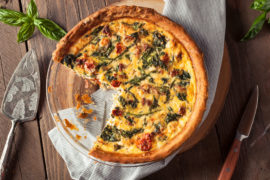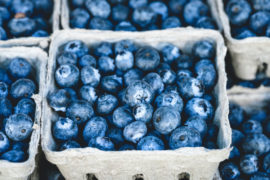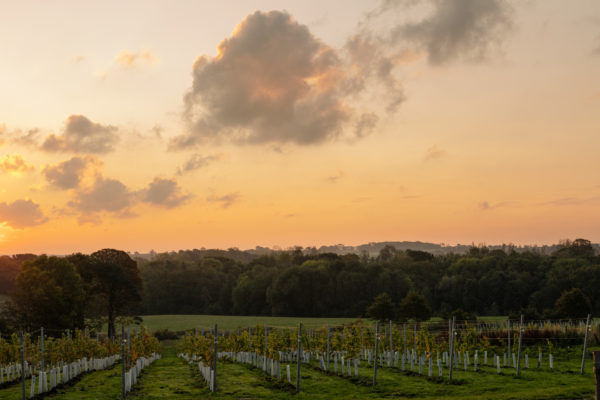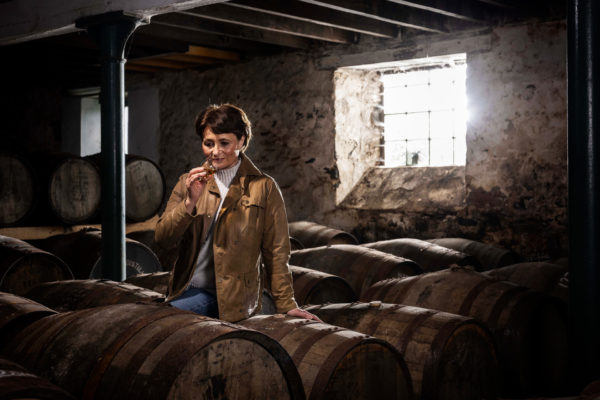Petty Pandean-Elliott: ‘People think Indonesian food is complicated, but it can be simple’
By
1 year ago
Pandean-Elliott on the beauty and diversity of Indonesian cuisine
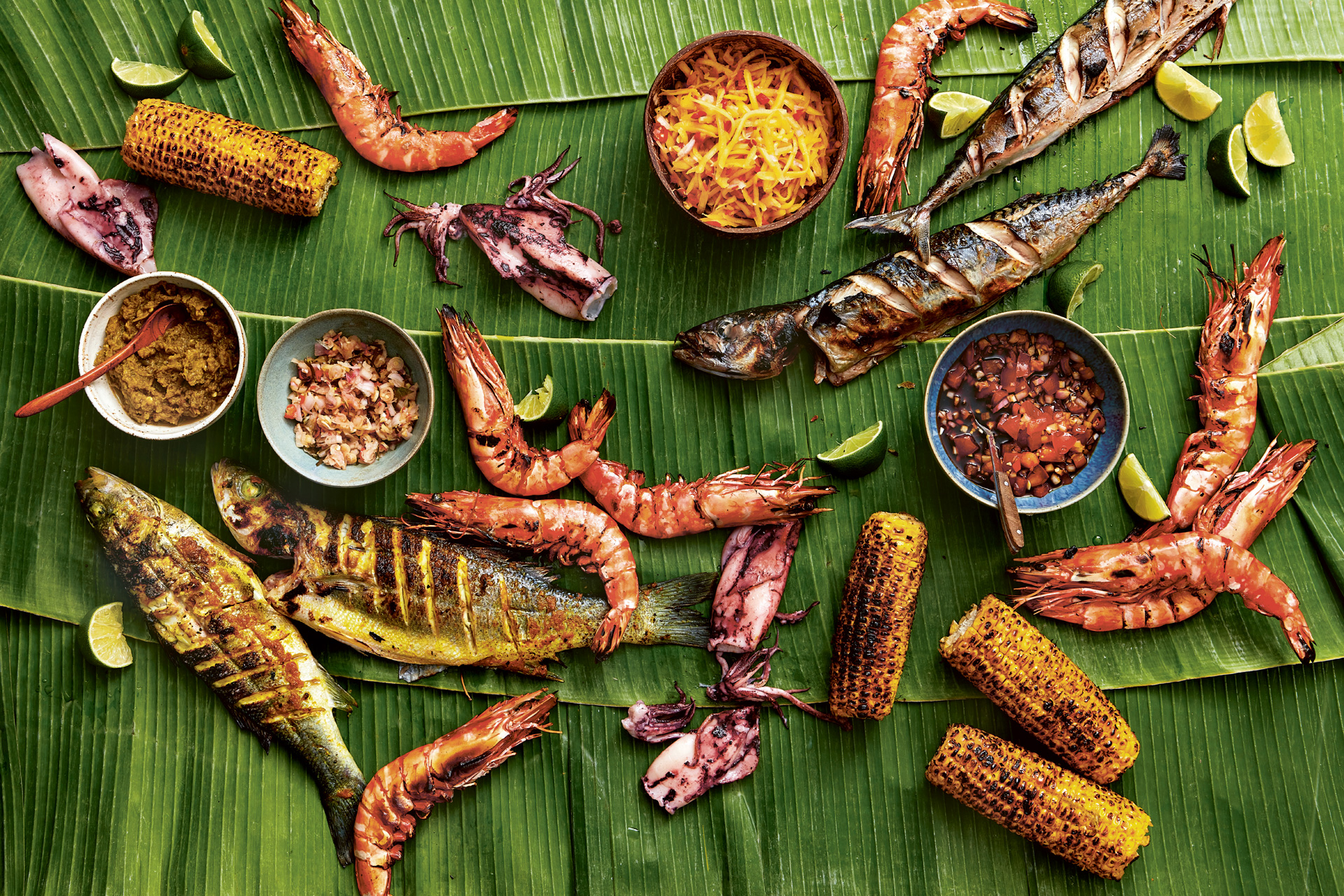
When we hear about Indonesia, the popular holiday spots of Bali and Lombok often spring to mind – yet the Asian country is actually home to over 17,000 islands. It’s a huge archipelago, sprawling along the equator for 5,000km, with 700 different languages, six major religions and three time zones. As a result, Indonesia has a very diverse society – and, consequently, an eclectic food scene.
Chef Petty Pandean-Elliott celebrates this in her latest book The Indonesian Table, which features 150 recipes interspersed with recollections of her culinary journeys throughout the country. Petty grew up in remote Manado, going on to become an award-winning chef, starring on judging panels, writing books, hosting classes and cooking at restaurants all over the world. She showcases a modern approach to Indonesian cuisine, while preserving the country’s flavours and culinary traditions – many of which date back to the 16th century, when Indonesia became known as ‘Spice Island’ because of the nutmeg and cloves that were exclusively found within its shores.
Q&A with Petty Pandean-Elliott
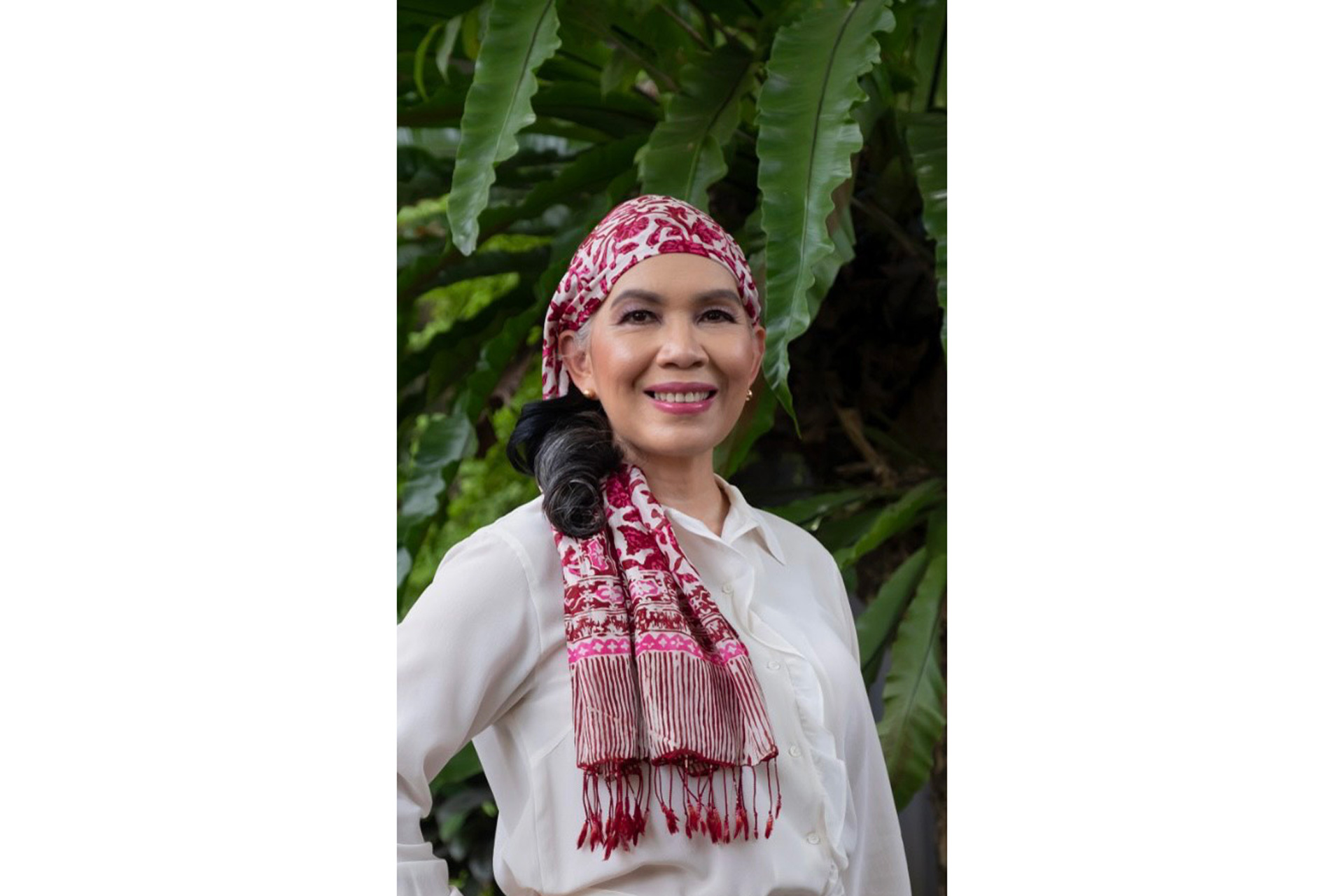
What was your aim in writing The Indonesian Table?
Indonesia is so huge, and I wanted to give people more understanding about what the cuisine is there, because we have so many influences from world cuisine. People think: what is Indonesian food? But just imagine if you like Chinese food, there’s Indonesian Chinese food, if you like Arabian food there’s Arabian Indonesian food. We have noodles, we have curry, we have satay – Indonesia is the home of satay. Indonesian cuisine is familiar, but not familiar at the same time.
When did you first become interested in food?
I spent a lot of time in the kitchen with my grandmother in Manado, the place where I was born, but when I moved to Jakarta in my early teens I lost my interest in cooking a bit. My interest appeared again when I got married, because I really wanted to provide good, natural food for my family and my friends. My husband is British and we like to entertain our friends and host dinner parties. This gave me good momentum to restart my passion in cooking. A friend of mine said: Petty, why don’t you join MasterChef – at the time it was very casual for amateur cooks. I sent my application and I got in. That experience inspired me to think more about my own culture.
What are the fundamental principles of Indonesian cooking?
It’s really easy actually, but you need to understand that we use paste at the base of a dish. We have different colours: white is garlic, shallot and ginger, then for red paste we add chilli, and then with yellow we add turmeric. When you have this paste, you can add herbs. People say Indonesian food is complicated, but it can be simple. You can add sambal to pan-fried chicken or tofu, for instance, a condiment which adds spice to any dish.
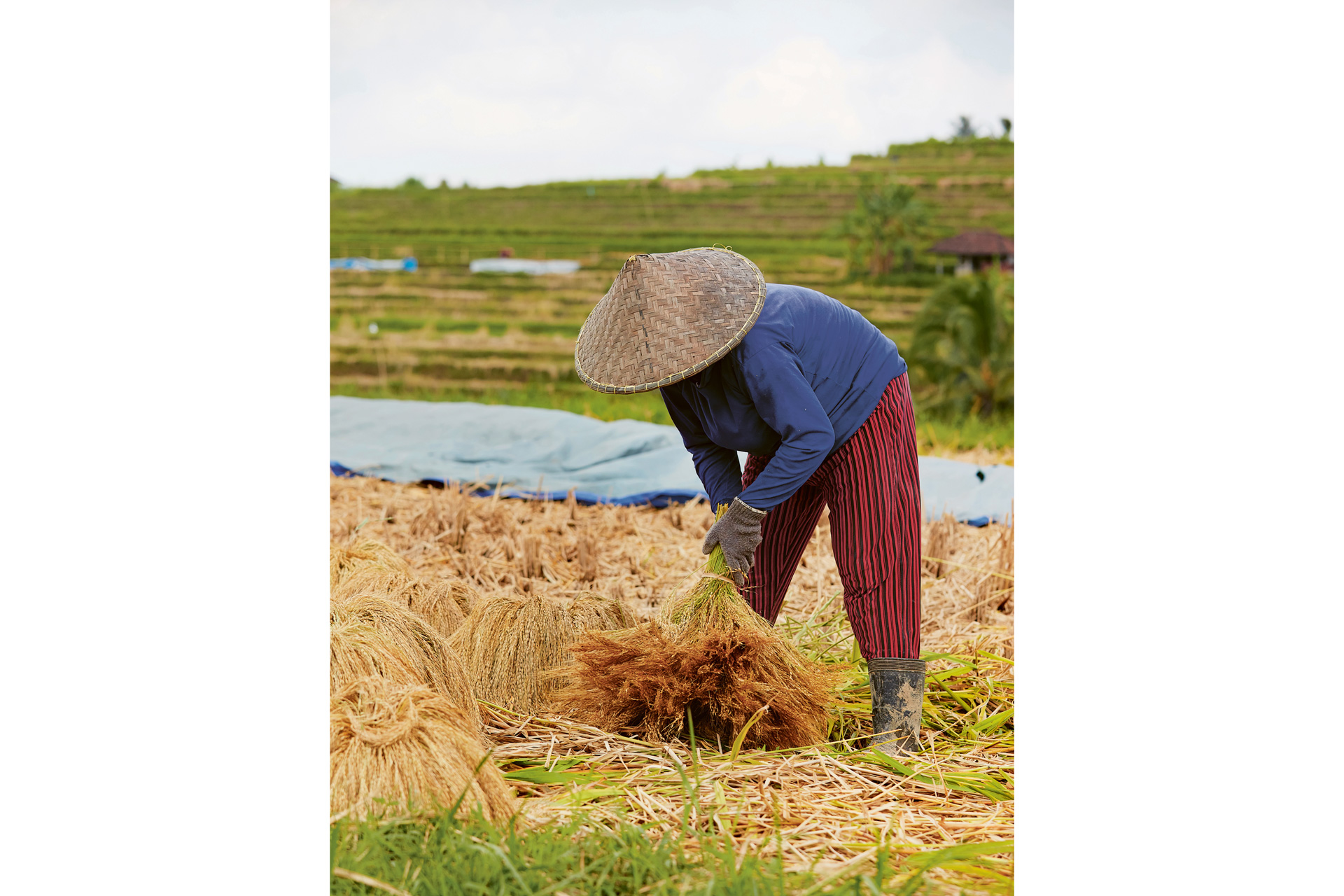
Image by Yuki Sugiura
What are the common misconceptions about Indonesian food?
People think it’s all spicy and complicated. And also people think it’s all fried food – and while yes, we have lots of fried food, we also have dishes with rolled vegetables, and we steam and stir fry things.
How does sustainability influence your cooking?
I know my book is about Indonesian food and flavours, but as much as possible, all the ingredients are local and British. I encourage people to use British fish, and I’m trying to find places that can grow lemongrass or ginger. I’ve found a place in Dorset where a British chef cooks a lot of Thai food, he has a farm and he grows lemongrass, turmeric and ginger.
Any seasonal ingredients you’re liking at the moment?
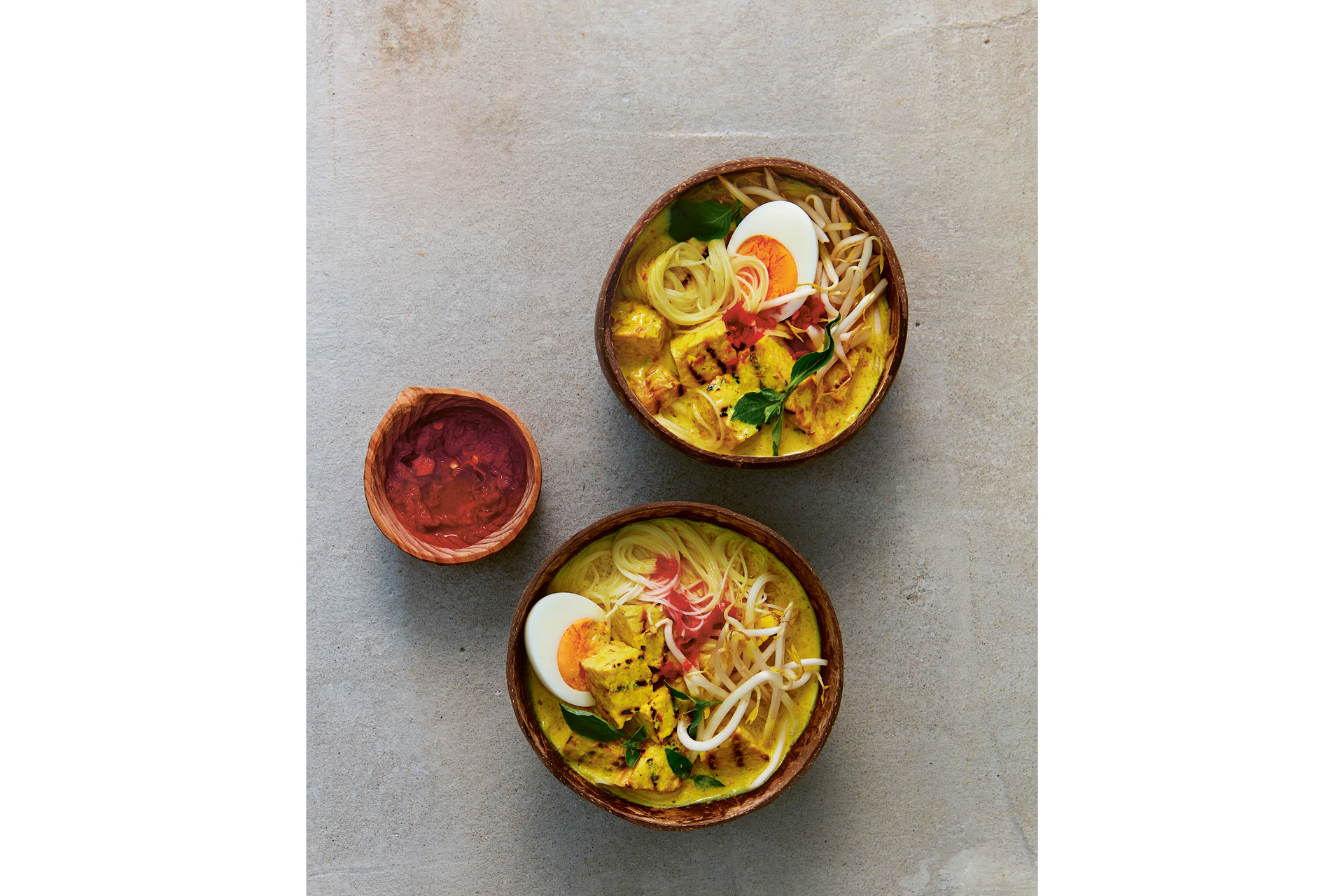
What are your top three ingredients of all time?
Lime or lemon, chilli, and something herby, maybe basil.
Which Indonesian restaurants would you recommend in the UK?
In London there’s Toba, and Pino’s Warung in Camden Market. Then in Windsor there’s Waroeng.
What’s your most memorable meal of all time?
Last November I was asked to cook for the G20 in Bali. I was asked to create something for them which represented the whole archipelago – it was very complicated but we did it.
Any pet hates in the kitchen?
I like a good vibe in the kitchen, I don’t like unfriendliness. I’m a travelling chef, so from my side I have to bring positivity to the kitchen, but I don’t like it if the host is not welcoming.
The Indonesian Table by Petty Pandean-Elliott is published by Phaidon. Photography by Yuki Sugiura.

